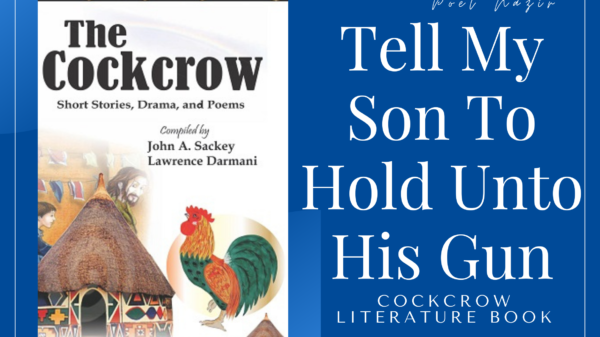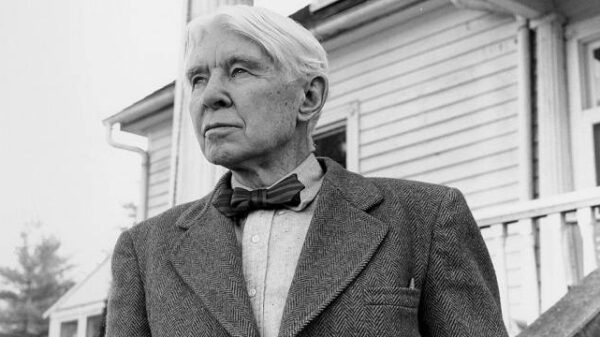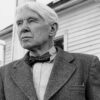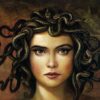Death, be not proud, though some have called thee
Mighty and dreadful, for thou art not so;
For those whom thou think’st thou dost overthrow
Die not, poor Death, nor yet canst thou kill me.
From rest and sleep, which but thy pictures be,
Much pleasure; then from thee much more must flow,
And soonest our best men with thee do go,
Rest of their bones, and soul’s delivery.
Thou art slave to fate, chance, kings, and desperate men,
And dost with poison, war, and sickness dwell,
And poppy or charms can make us sleep as well
And better than thy stroke; why swell’st thou then?
One short sleep past, we wake eternally
And death shall be no more; Death, thou shalt die.
Analysis of Death, Be Not Proud
Death is a regularly subjected to worry and suffering. However, this Death, Be Not Proud seems to announce that it requires not to walk that path. The highly concentrated attention on Death’s feeling of arrogance uses a grocery list of rhetorical attacks:
First, sleep, which is the personal human experience to death, is certainly quite delightful.
Second, all legends or prominent people die sooner or later and the act of death could be perceived to joining them.
Third, Death is under the power of higher authorities such as destiny, which regulates accidents, and kings, who wage wars; from this viewpoint, Death seems no more than a pawn in a larger chess game within the universe.
Fourth, Death must correlate with some objectionable characters this, poison, wars, and sickness. They must make terrible colleagues, frankly. (You can almost see John Donne laughing as he wrote this.)
Fifth, “poppy and charms” (drugs) can do the sleep job as well as Death or even better. Death, you’re fired!
The sixth, most powerful, and most serious justification is that if one really acknowledges in the soul, then Death is really nothing to be concern about. The soul lives permanently and this illustrates line 4 of the sonnet, when John Donne, the writer of this masterpiece says that Death can’t kill him.
If you recognize the secondary position of the body in the universe and observe more carefully, then you can’t be killed in a normal sense. Additionally, this poem is so great because of its common petition. Belief of death is so natural and with a hidden instinct and Death itself so all-encompassing and inevitable for people, that the spirit of this poem and materiality of it expands to almost any concern or weakness of character that one might have.
Read Also: Summary Analysis Of Mariana a Poem By Alfred, Lord Tennyson
Confronting, head on, such a panic or feebleness, as the writer has done here, enables humans to overstep their circumstance and their understanding of Death, more fully maybe than one might through art by itself—as many poets from this top ten list seem to say—since the art may or may not survive may or may not be any good, but the intrinsic quality of one’s soul lives eternally.
Thus, the writer of this sonnet leaves an important lesson to learn from: confront what you fear to do and recall that there is nothing to fear on earth if you believe in your inner soul.
Poet Nazir is a writer and an editor here on ThePoetsHub. Outside this space, he works as a poet, screenwriter, author, relationship adviser and a reader. He is also the founder & lead director of PNSP Studios, a film production firm.










